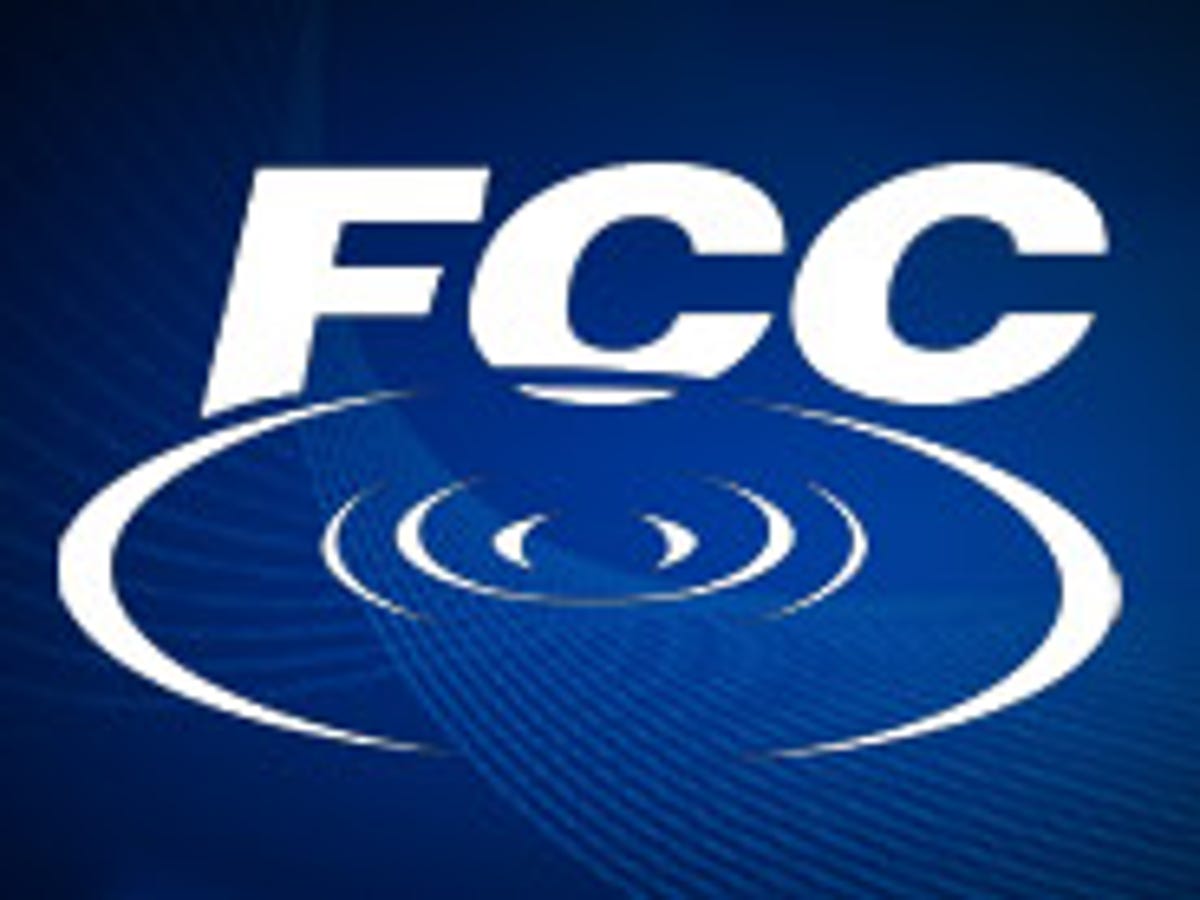When Kerfye Pierre returned home to Maryland from a visit to Haiti in February after the devastating earthquake, she received yet another shock: a $30,000 phone bill from T-Mobile USA.
Pierre, who had gone to Haiti to visit her sister who was having a baby, was there when the earthquake struck in January. Before her trip, she had suspended her phone service to avoid expensive charges. But after the disaster struck, she was told by a T-Mobile representative that she could use a courtesy plan that allowed her to communicate with people back home.

What she didn’t realize was that the plan only included voice minutes. But because the voice network was so unreliable after the quake, Kerfye used texts, e-mails, and Facebook posts from her phone to update loved ones.
Eventually, Pierre was able to get a $25,000 credit to her account, but she still owes T-Mobile $5,000.
Federal Communications Commission Chairman Julius Genachowski said during a speech at the Center for American Progress in Washington, D.C., today that stories such as Pierre’s are all too frequent. And his agency needs to do something to ensure it doesn’t happen to more consumers in the future.
“Something is clearly wrong with a system that makes it possible for consumers to run up big bills without knowing it,” he said.
The agency opened an inquiry into what it calls “bill shock” in May. And on Thursday the FCC will consider new rules that will help prevent such shock, which occurs when consumers are surprised by a sudden, unexpected increase in the monthly mobile phone bill, even when the customer had not changed service plans.
Specifically, the chairman’s plan proposes operators include three things:
Over-the-limit alerts: the FCC will require subscribers be alerted with a text or voice notification when they are about to exceed a bundle of voice, text, or data. Out-of-the-country alerts: the FCC rules also would require mobile providers to notify customers when they are about to incur international or other roaming charges that are not covered by their monthly plans, and if they will be charged at higher than normal rates. Easy-to-find tools: the FCC is also proposing that operators be required to provide clear tools for monitoring usage and reviewing usage balances. And the FCC may also require carriers to offer an option of capping usage based on limits set by consumers.
The proposed rules will be presented at Thursday’s meeting. The commission will vote to open them up for public comment. And once the comment period ends, the commissioners will vote again to make the rules official regulation.
Genachowski said that as mobile devices become more ubiquitous in our society, consumers shouldn’t have to worry about racking up outrageous bills as they use more advanced services. He cited a recent FCC survey conducted in May that revealed that an estimated 30 million Americans have experienced bill shock in one form or another. But the number of consumers actually complaining is much less than that.
“Most people don’t know what a megabyte is. But they do understand when they get an alert telling them they’re about to go over their limit and incur additional fees.”
–FCC Chairman Julius Genachowski
In a report issued Wednesday, the FCC said it had received 764 complaints of bill shock in the first half of 2010. This is not a huge number, given there are more than 292 million cell phone subscribers in the U.S. Still, of these complaints, the agency found that 67 percent of them were for amounts over $100. And 20 percent were regarding bills over $1,000. The largest complaint received during this time was for $68,505.
“That’s a big hit for budget-conscious consumers, especially in this time of economic distress,” Genachowski said during his speech. “Even smaller unexpected charges can pose real problems for consumers on fixed incomes.”
He noted that other countries have adopted similar protections that require sending customers text or voice alerts when they approach their limits.
“Most people don’t know what a megabyte is,” he said. “But they do understand when they get an alert telling them they’re about to go over their limit and incur additional fees.”
He applauded companies, such as AT&T, that are already sending alerts to customers using the Apple iPad when they incur overage charges.
“These are smart tools to help consumers make smart decisions, but they are the exception, not the rule,” he said. “They’re not yet helping consumers consistently, as evidenced by the tens of millions of bill shock victims.”
The wireless industry opposes the new regulation. The CTIA, the lobbying group for the wireless industry, has questioned the FCC’s survey results. And it argues that wireless consumers are in general happy with their service. And the groups cited statistics that indicate the industry has received top marks for resolving consumer issues.
“When there are concerns raised by consumers, the Better Business Bureau reports that 97.4 percent of them are resolved,” Chris Guttman-McCabe, vice president, regulatory affairs for CTIA-The Wireless Association, said in a statement. “And the industry continues to develop tools to keep customers informed about their level of usage of voice, text, or data to ensure positive customer experiences.”
Chairman Genachowski said the new rules to prevent bill shock are part of a larger “consumer empowerment agenda” that is aimed at ensuring that consumers looking to take advantage of new technologies do not have to worry about hidden costs and confusing billing practices.
The agency has also been looking into early termination fees and other mystery fees that appear on wireless subscribers’ bills. Last week, the agency said it will continue to investigate Verizon Wireless after the company admitted it had mistakenly billed some wireless subscribers for unintentional data access.



